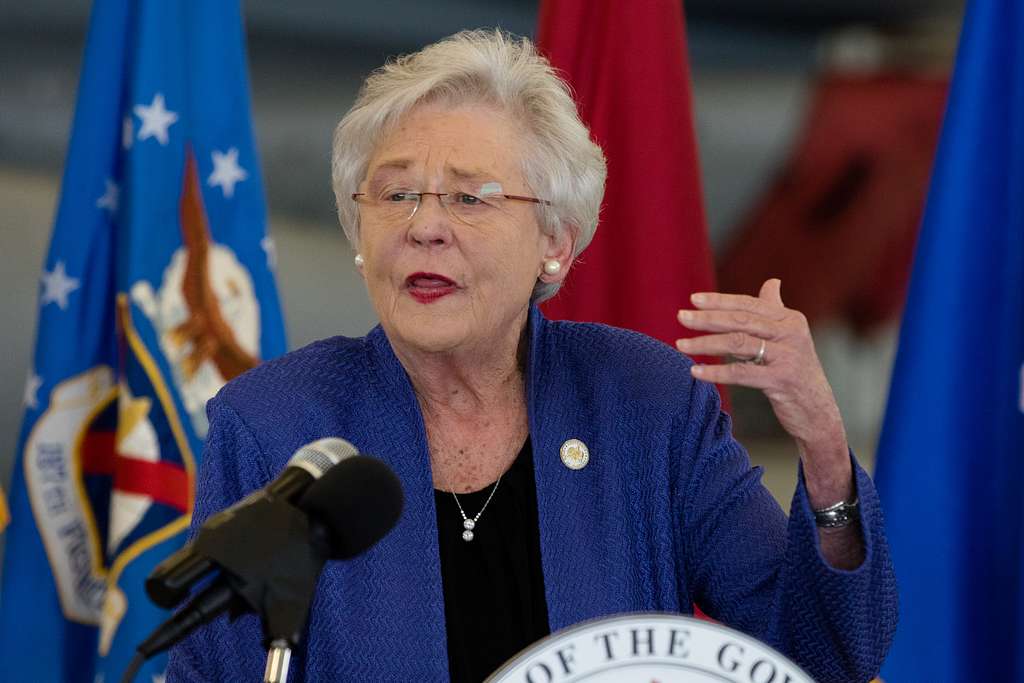New Broadband Data Tool, Alabama’s $8M Broadband Funding, Sparklight Project, GCI’s $4.9M Investment
Tool assesses the resilience of broadband infrastructures in case of natural hazards.
Quinn Nghiem

August 17, 2023 – The Center on Rural Innovation introduced Monday the Broadband Climate Risk Mitigation tool that assesses the resilience of broadband infrastructures in case of natural hazards.
On top of providing broadband access data for each census tract, the tool also evaluates the corresponding risk levels for severe weather events such as wildfires, flooding, tornadoes, and earthquakes in each location, drawing data from the Federal Communications Commission’s form 477 and the Federal Emergency Management Agency’s national risk index.
It also offers suggestions to prevent or minimize the damage of these natural calamities on connectivity, including three different types of broadband assets: aerial, buried, and wireless.
“With the Broadband Climate Mitigation Tool, local leaders can leverage granular, location-based data to design more climate-resilient networks with the Broadband Equity, Access, and Deployment funding, creating more resilient communities in the face of natural disasters,” read the press release.
The tool comes at a time when many states are actively crafting their initial proposals to allocate their respective portions of the BEAD funding.
Alabama allocates nearly $8M for broadband projects
Alabama on Monday allocated a total of $7.86 million in grants from the state’s broadband funding to provide high-speed internet access across four counties.
These grants will expand broadband service to over 6,700 households, businesses, and community anchors in Blount, Cullman, Marshall, and Morgan counties, read the press release.
“Alabama continues to make steady strides in expanding the reach of high-speed internet services to all Alabamians,” said Gov. Kay Ivey. “I appreciate the commitment of the Alabama Legislature in providing this much-needed funding that will enhance local education, improve the delivery of critical public safety services, and grow business opportunities.”
The grants were made available through the Alabama Broadband Accessibility Fund, which was enacted in 2021 to advance broadband expansion efforts within Alabama.
Broadband providers only supply the access to high-speed internet, but households and businesses must subscribe to paid service to access broadband, read the announcement.
Sparklight completes $29M project
Broadband service provider SparkLight on Tuesday announced it has completed a $29 million expansion project in Gila county, Arizona as part of its E-rate initiative to connect schools and libraries to reliable and affordable internet services.
The project will deploy more than 200 route miles and nearly 29,000 fiber miles to bring all-fiber ePON technology capable of 5 Gigabit symmetrical speeds for nine county schools and school districts and eight county libraries, read the press release.
“Access to fast and reliable connectivity is critical for schools and libraries and we are thrilled to help make that happen in Gila County,” said Chris Boone, senior vice president of businesses services and emerging markets. “We look forward to continuing to fulfill our purpose of connecting customers and communities to what matters most and eliminating the digital divide for students and schools in rural areas throughout our footprint.”
To finance the project, SparkLight has secured $2 million from the MHA Foundation, $1 million from the Arizona Commerce Authority, $1.9 million from Arizona state matching grants and an additional $17.5 million from the E-Rate program under the Universal Service Fund.
The project contributes to the company’s ongoing investment of more than $1 billion over the past three years to usher in speeds of 10 Gigabits and beyond, said the company.
GCI’s $4.9M investment
Alaska’s telecommunications provider GCI on Tuesday announced a $4.9 million investment to deliver 5G and voice over LTE services to the remote city of Unalaska.
Nestled on the Aleutian Islands, the city of over 4000 will benefit from 5G mobile service alongside GCI’s recently launched 2.5 gig internet speeds, claimed the company.
Projected at a cost of $58 million, the initial phase of the project is anticipated to reach completion by 2024.
“The community has been waiting for better wireless service for years and now it’s here,” said GCI director of rural affairs Jenifer Nelson in a press release. “It’s a big deal.”
The announcement is the latest addition to GCI’s ongoing Aleutian undersea fiber project that spans 800 miles and will offer 2,000Mbps internet speeds and unlimited data plans to communities on the Aleutian Islands, the Alaska Peninsula, and Kodiak Island.
“Our Aleutian fiber project not only brought high speed internet to the community – it also provided the foundation that we used to upgrade wireless service,” continued Nelson.









Member discussion